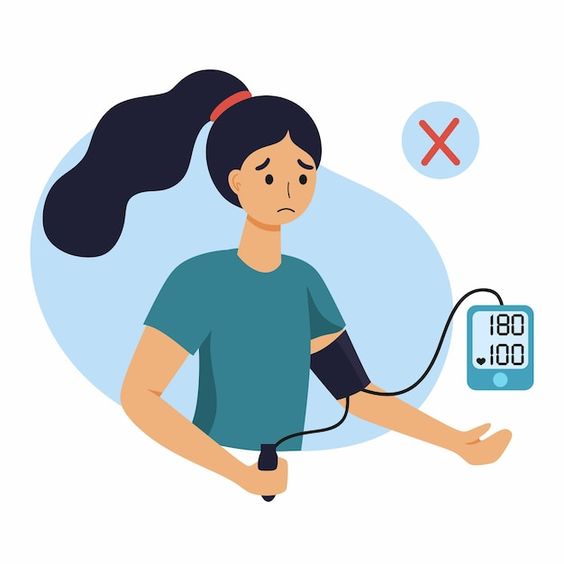Introduction
Blood pressure is the force of your blood pushing against the walls of your arteries. Each time your heart beats, it pumps blood into the arteries. Your blood pressure is highest when your heart beats, pumping the blood. This is called systolic pressure. When your heart is at rest, between beats, your blood pressure falls. This is called diastolic pressure.

Blood pressure is always given as two numbers: systolic pressure (the first and higher number) and diastolic pressure (the second and lower number). For example, if your blood pressure is 120/80 millimeters of mercury (mm Hg), then 120 represents the systolic pressure, and 80 represents the diastolic pressure.
Why Is Blood Pressure Important?
Maintaining a healthy blood pressure is crucial for overall health and well-being. High blood pressure, also known as hypertension, is a serious condition that can lead to a variety of health problems, including heart attack, stroke, heart failure, and kidney disease.
Understanding Blood Pressure Readings
Blood pressure readings are categorized into four categories:
- Normal: Systolic pressure less than 120 mm Hg and diastolic pressure less than 80 mm Hg.
- Elevated: Systolic pressure between 120-129 mm Hg and diastolic pressure less than 80 mm Hg.
- Hypertension Stage 1: Systolic pressure between 130-139 mm Hg or diastolic pressure between 80-89 mm Hg.
- Hypertension Stage 2: Systolic pressure 140 mm Hg or higher or diastolic pressure 90 mm Hg or higher.
Maintaining a Healthy Blood Pressure
There are several lifestyle modifications and medical interventions that can help maintain a healthy blood pressure:
- Healthy Diet: Consume a balanced diet rich in fruits, vegetables, whole grains, and lean protein while limiting saturated and trans fats, cholesterol, and sodium.
- Regular Exercise: Aim for at least 150 minutes of moderate-intensity aerobic activity or 75 minutes of vigorous-intensity aerobic activity per week.
- Weight Management: Maintaining a healthy weight can significantly impact blood pressure levels.
- Stress Reduction: Practice stress management techniques such as deep breathing exercises, meditation, or yoga.
- Medications: In some cases, medication may be necessary to manage blood pressure effectively.
Conclusion
Blood pressure is a vital sign that reflects the health of your cardiovascular system. Understanding blood pressure readings and taking proactive steps to maintain a healthy blood pressure is essential for preventing serious health complications. By adopting a healthy lifestyle and seeking medical advice when necessary, individuals can effectively manage their blood pressure and promote long-term health.





